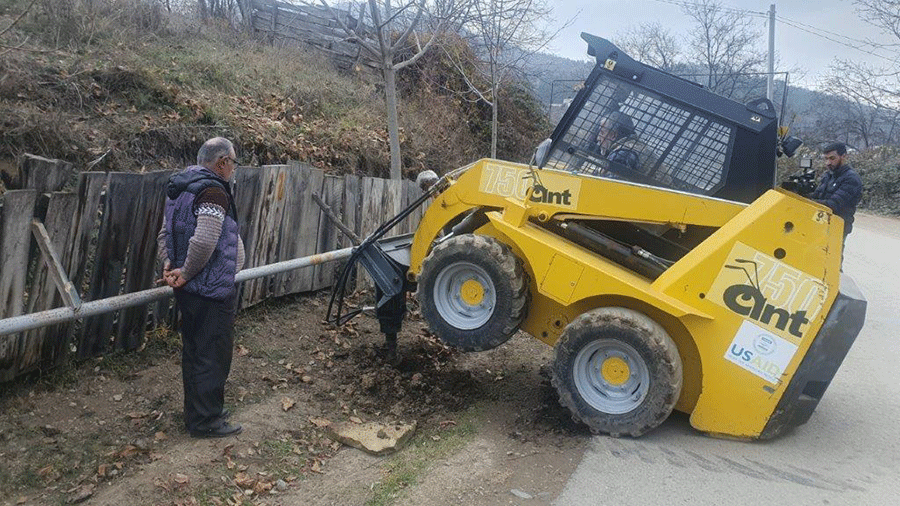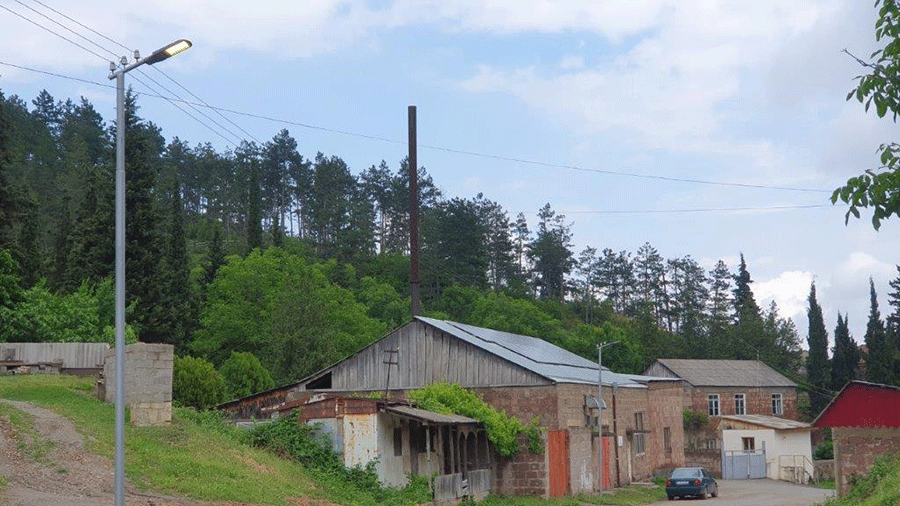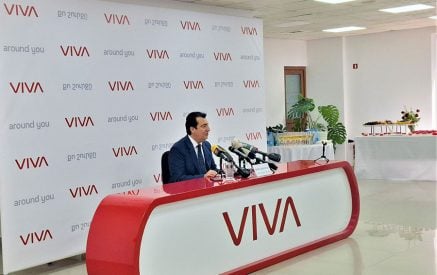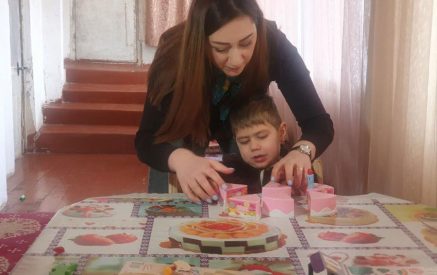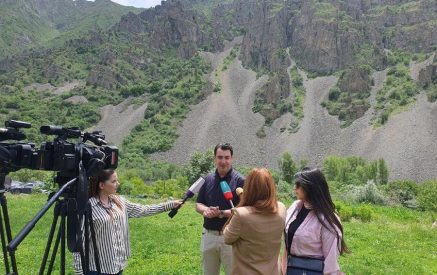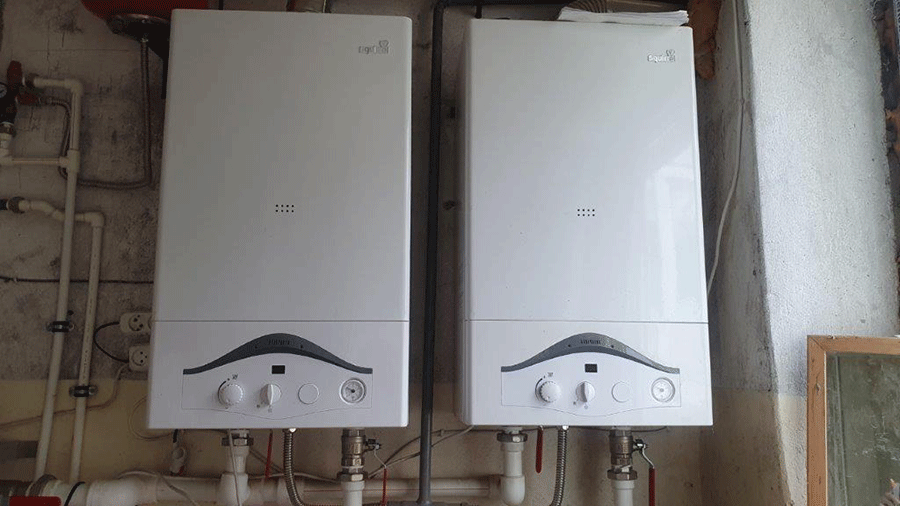Application of modern technologies, installation of energy-efficient systems, development of infrastructure and striving to keep the border village in the center of attention. Since 2019, continuous work has been carried out in this direction at the border village Koghb.
Viva-MTS and the Foundation for the Preservation of Wildlife and Cultural Assets (FPWC) have implemented four projects in this village over the years. The result of these projects is important for the villagers, guarding the border.
Lighting up the largest village of Tavush region requires considerable financial resources and time. In order to stand bythe villagers, the colleagues of the years have chosen the way to solve the problem with small programs but consistent efforts. Within the framework of corporate social responsibility, Viva-MTS and FPWC have implemented 3 projects for the lighting of only a part of the streets. The community also partially contributed to them.
Read also
During 2020, 1850 meters of roads were illuminated in Koghb, 50 LED floodlights were installed. And in next year, the number of LEDs increased by 37, illuminating another 1,500 meters. The general indicator has changed in 2022, as well: 58 more LED floodlights were installed, 2.2 km of road was illuminated. Thus, as a result of three projects, with the efforts of Viva-MTS and FPWC, 145 LED floodlights were installed in the village, and a road with a length of about 5600 meters was illuminated.
“The motherland starts from the villages. We need to pay more attention to the villages. A modern lighting system solves the issue of safety, ensures a prosperous life and saves the community funds. Thanks to new technologies, approximately 15-20% savings are recorded. I am sure that all border villages should be in the center of attention, because the people living there face the problem of protecting the land and not leaving the country. We have to make sure that the young people who went to the capital for receiving education come back here,” said Ararat Tamazyan, the administrative head of Koghb.
The partners’ first joint project in Koghb was implemented four years ago, in kindergarten No. 1. For years, the atypical building, built in 1965, was heated with coal stoves and with wood stoves in the years following the collapse of the Soviet Union. It was a difficult and risky process for the children. With the efforts of Viva-MTS and FPWC, the heating system has been changed with a centralized one, equipped with solar water heaters.
“Since 2019, we have a centralized heating system. The difference is significant. Works are going easier and in better conditions. The number of children has increased. We feel the difference. It used to be a stove, but now we have local heating. We had over 40 students, and now up to 60,” said Alina Mamyan, the head of kindergarten No. 1.
The introduction of energy-saving heating systems in border and remote settlements is one of the important steps in creating a network of eco-villages. In this way, it will be possible to integrate these villages in a process based on the four components of sustainable development: environmental, economic, cultural and social. As a result of the project, the budgetary costs of the community will be significantly reduced, there will be savings that can be directed to the solution of other problems.




















































